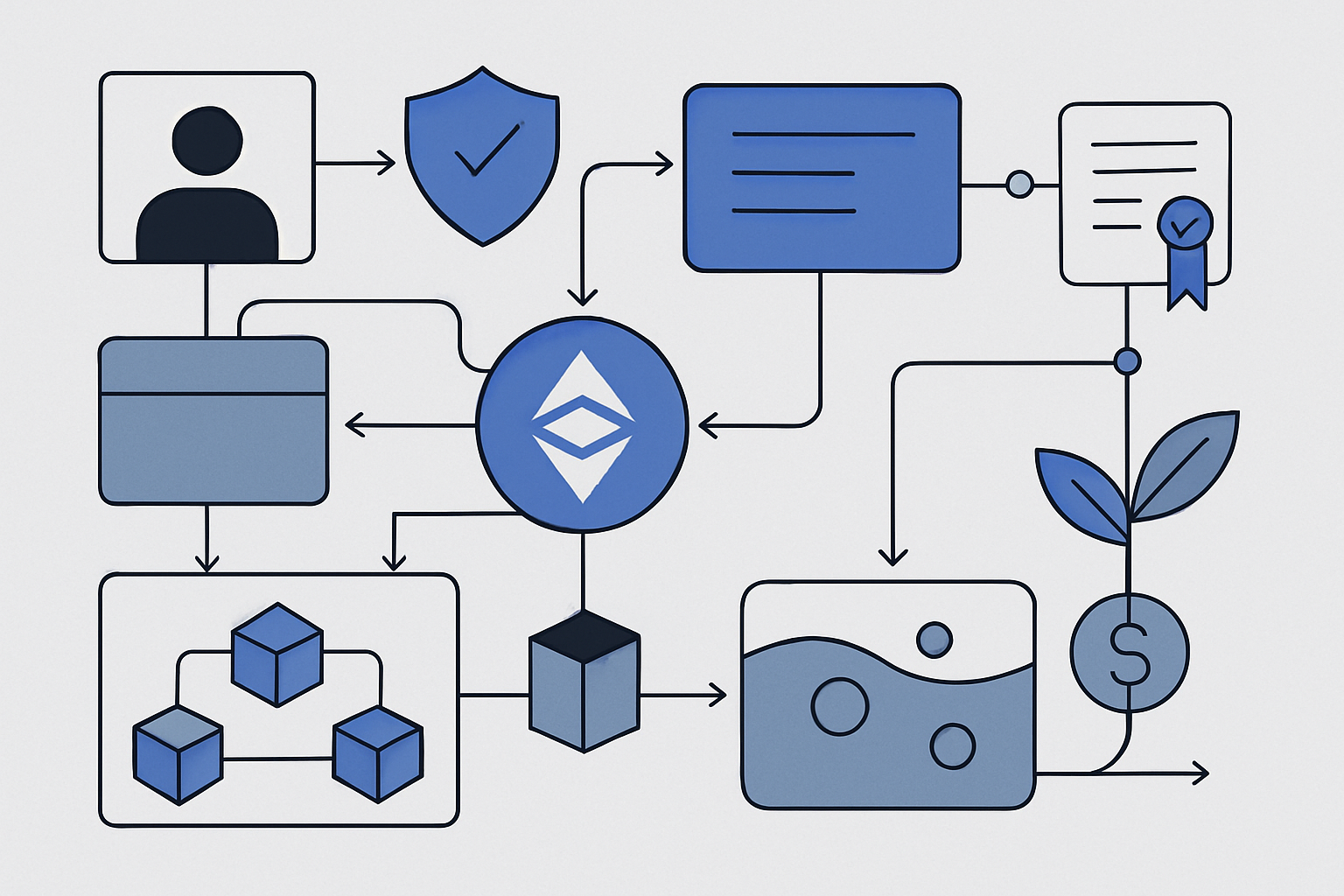
Zero-knowledge proofs (ZKPs) are rapidly reshaping the landscape of decentralized identity wallets. As digital identity becomes a cornerstone of Web3, privacy and user control are no longer optional, they are essential. ZKPs offer a cryptographic breakthrough: users can prove facts about themselves, such as age or citizenship, without revealing sensitive personal details. This paradigm shift is empowering individuals and organizations to manage identity on their own terms, slashing the risk of data breaches and surveillance.

How Zero-Knowledge Proofs Work in Identity Wallets
At their core, zero-knowledge proofs allow one party (the prover) to convince another (the verifier) that a statement is true without sharing any underlying data. In decentralized identity wallets, this means you can verify your eligibility or credentials, such as being over 18 or possessing a valid membership, without exposing your date of birth or membership number.
This is achieved through selective disclosure. Instead of handing over full documents or credentials, your wallet generates a cryptographic proof tailored to the verifier’s request. The verifier receives mathematical assurance that your claim is valid but learns nothing else about you. This approach minimizes data exposure at every step.
Selective Disclosure: Minimizing Data Exposure
Selective disclosure is arguably the most powerful privacy benefit ZKPs bring to decentralized identity technology. Consider KYC (Know Your Customer) checks common in crypto exchanges and DeFi platforms. Traditionally, users must submit full identification documents, creating honeypots for hackers and increasing compliance costs for platforms.
With ZKP-based decentralized identity wallets, you simply prove you meet regulatory requirements, like being from an approved country or above a certain age, while keeping all other personal information private. Projects like Polygon ID have already implemented this model for self-sovereign credentials and compliance workflows.
Reducing Attack Surfaces Through Data Minimization
The less personal data you share online, the smaller your attack surface becomes. ZKP-enabled wallets dramatically reduce what’s exposed during each interaction. Even if a verifier’s database is compromised, there’s little actionable data for attackers to exploit because only proofs, not raw credentials, are stored or transmitted.
This principle aligns with modern privacy regulations and best practices like GDPR’s data minimization mandate. By design, decentralized identity wallets leveraging ZKPs empower users to control exactly what they reveal, and nothing more.
The adoption curve for zero-knowledge proof identity wallets is accelerating as more people recognize these benefits. For deeper technical insights into how these systems work under the hood, see our dedicated resource here.
Real-World Applications and Ecosystem Momentum
Zero-knowledge proof identity wallets are moving from theory to practice. Leading decentralized identity platforms are integrating ZKPs into everyday workflows, from signing up for online services to accessing gated communities or DAOs. For instance, a job applicant can prove they possess a valid degree without sharing the diploma itself, or a user can access age-restricted content by demonstrating eligibility, without ever exposing their birthdate.
On-chain and off-chain verifications are both benefiting. Self-sovereign identity privacy is now achievable not just for crypto-native use cases, but for broader digital interactions, think healthcare, education, and government services. By minimizing credential exposure, zk identity wallet security is fundamentally stronger than legacy digital ID models.
Real-World Use Cases for ZKP Identity Wallets
-
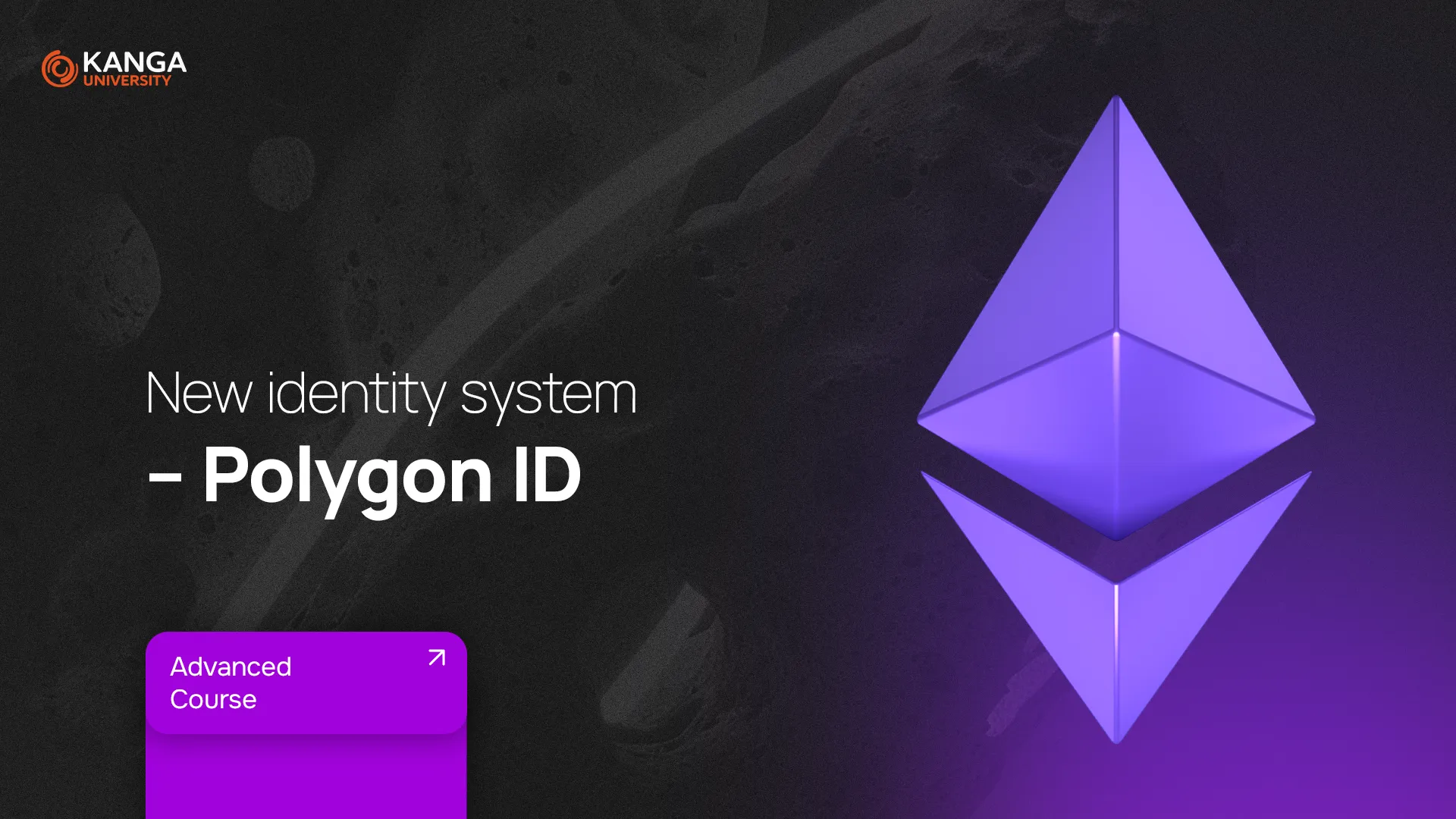
Age Verification for Online Services: Platforms like Polygon ID use zero-knowledge proofs to let users prove they are over a certain age—such as 18—without revealing their exact birthdate or any other personal details.
-
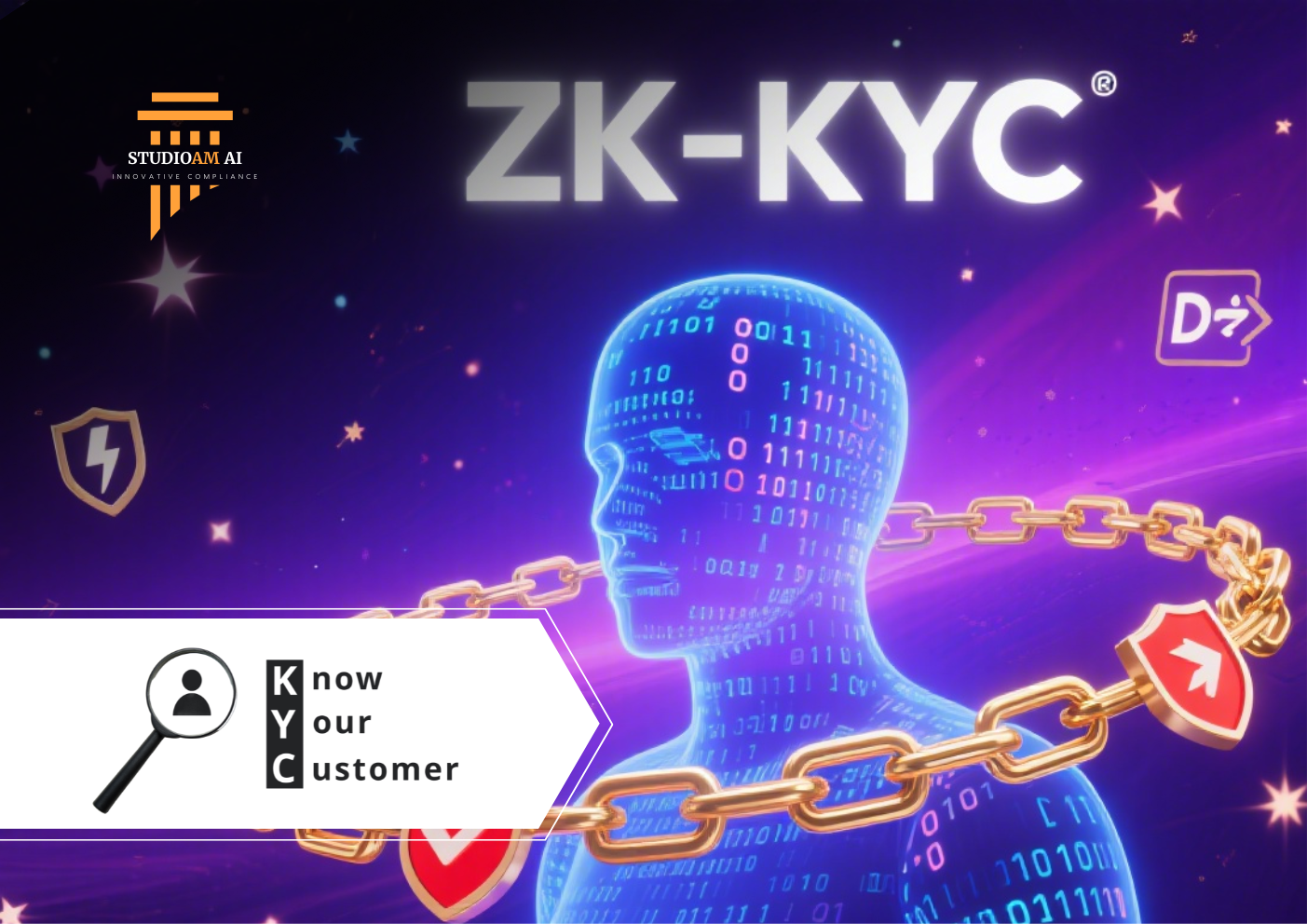
Privacy-Preserving KYC Compliance: Onchain Passport and similar solutions enable users to satisfy Know Your Customer (KYC) requirements by proving identity attributes, such as citizenship or residency, without exposing full identity documents.
-
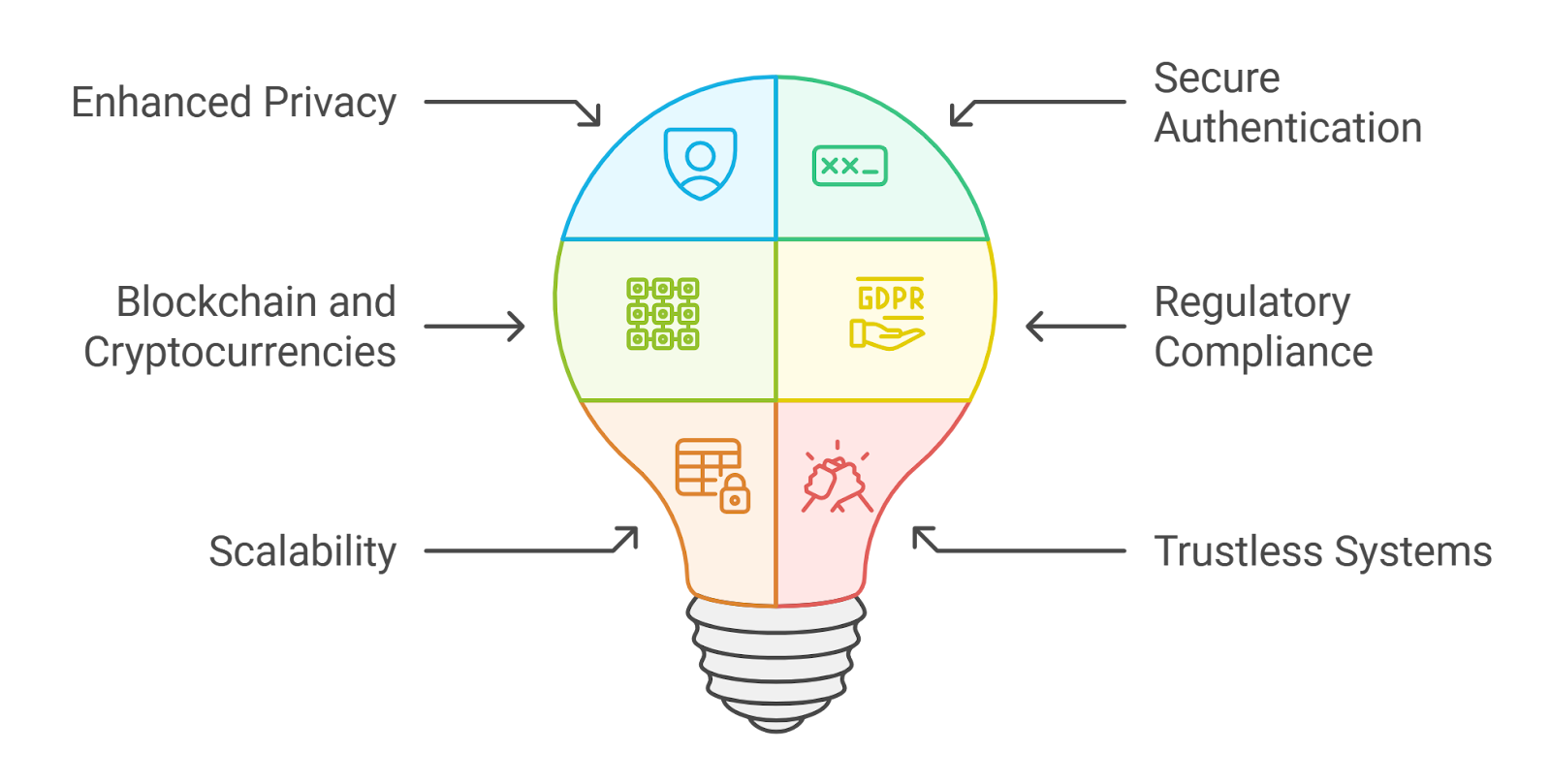
Access Control at Events and Venues: With ZKP-enabled wallets, users can prove ticket ownership or membership status for entry to events—like concerts or conferences—without disclosing their name or contact information. Projects such as Encrypthos are exploring these capabilities.
-

Decentralized Login for Web3 Applications: ZKP identity wallets allow users to log in to decentralized apps (dApps) and services without sharing sensitive credentials, enhancing privacy and security. Web3Tech highlights these privacy-first authentication flows.
-
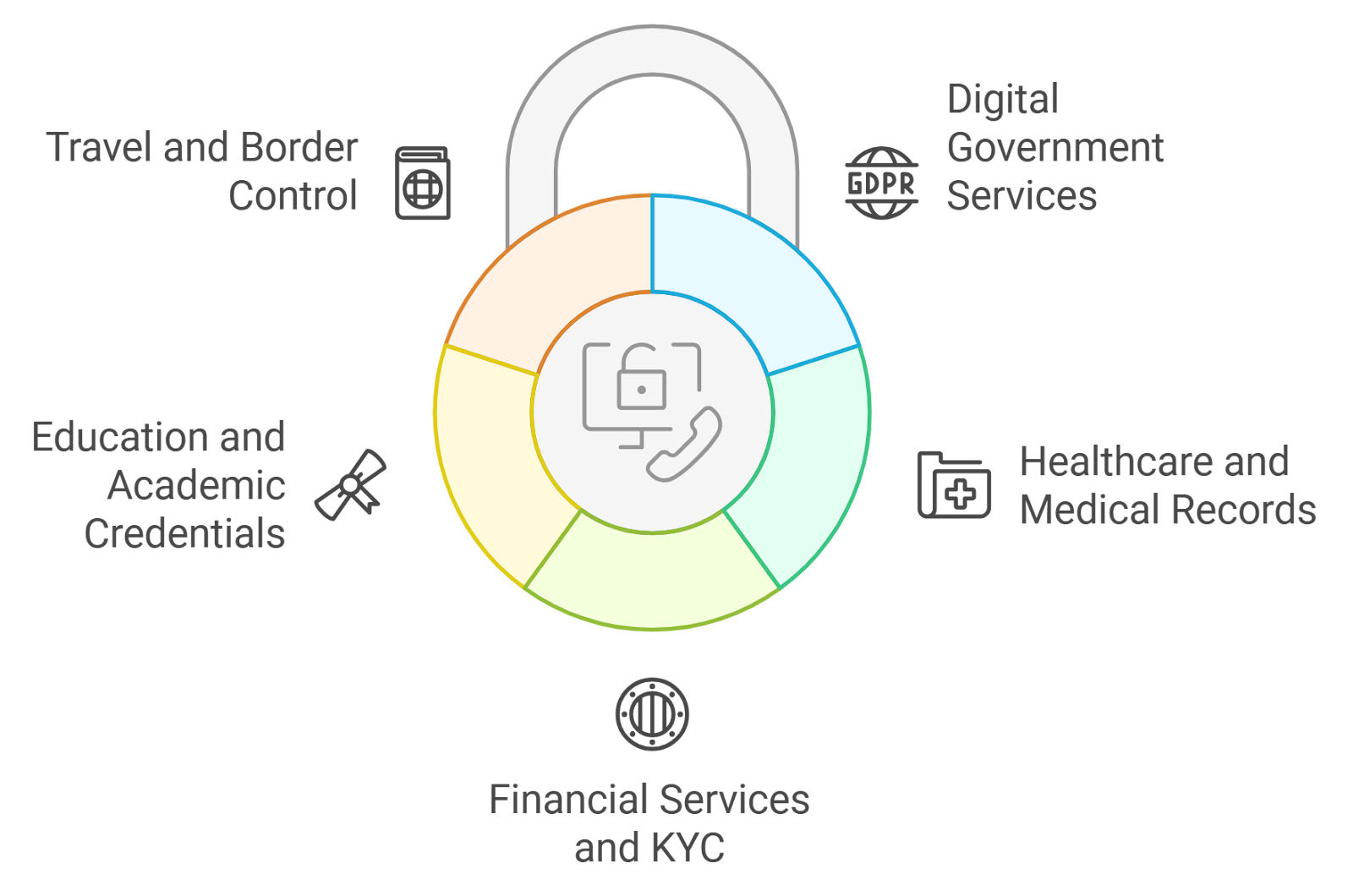
Selective Disclosure for Financial Services: Platforms leveraging zero-knowledge proofs, like Polygon ID, let users prove eligibility for loans or credit checks (e.g., income threshold) without revealing full financial histories.
Challenges and What Comes Next
While the promise of ZKP decentralized identity is clear, adoption faces some hurdles. Usability remains a top concern, abstract cryptography can be intimidating for non-technical users. Wallet developers must prioritize intuitive interfaces that abstract away complexity while preserving robust privacy guarantees.
Interoperability is another frontier. As standards like W3C’s Decentralized Identifiers (DIDs) and Verifiable Credentials mature, expect smoother cross-platform experiences and broader acceptance from enterprises and regulators alike. The pace of innovation is brisk: projects such as Polygon ID and Midnight are pushing the boundaries of what’s possible with decentralized identity wallet technology.
Why Zero-Knowledge Proofs Matter for the Future of Identity
The shift toward privacy-first digital identity is already underway. With data breaches increasingly common and regulatory pressure mounting, users are demanding more control over their personal information. Zero-knowledge proofs answer this call by enabling selective disclosure at scale, empowering individuals to prove what’s necessary while keeping everything else private.
This isn’t just a technical upgrade; it’s a fundamental change in how we think about trust online. Instead of relying on centralized authorities to store sensitive data, ZKP-powered wallets put users in control. This aligns with the ethos of Web3: self-sovereignty, minimal trust assumptions, and maximized privacy.
Actionable Insight: If you’re evaluating decentralized identity solutions for your organization or personal use, prioritize wallets that offer robust zero-knowledge proof capabilities. Look for transparent documentation on how selective disclosure works in practice, and seek out projects with active community support.
The momentum behind zero-knowledge proof identity wallets will only accelerate as more real-world integrations emerge across sectors, from finance to healthcare to social media. To stay ahead of the curve on zk identity wallet security trends and best practices, explore our ongoing coverage here.






